In this presentation, respected Daoist medicine elder Wang Qingyu dialogues with his student, Heiner Fruehauf, about the importance of maintaining consistency in Qigong practice, and the vital importance of the concept of lineage in Chinese medicine and related forms of personal cultivation.
For privacy reasons YouTube needs your permission to be loaded. For more details, please see our Privacy Policy.
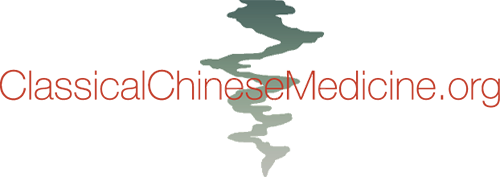
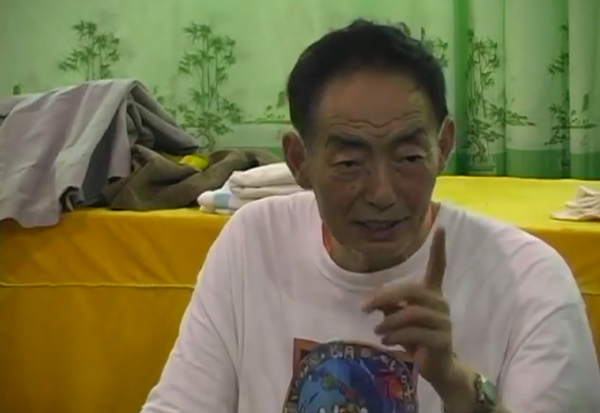

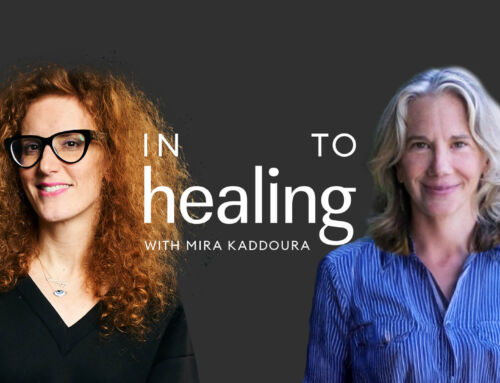

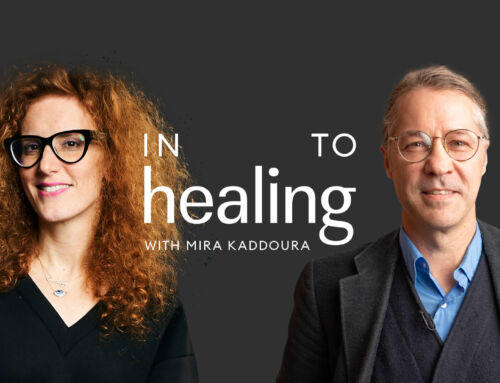
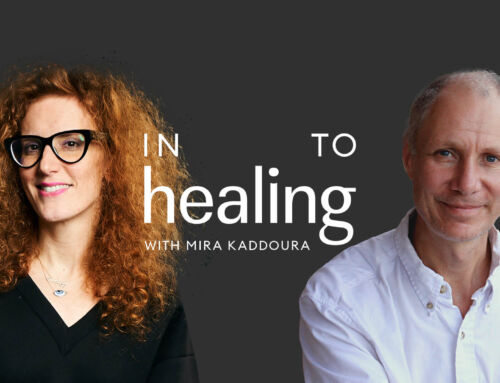



I appreciate Wang Qingyu’s obvious level of commitment to his art and his profound desire not to have it trampled upon. I was very much struck by his comment that he could see into the student’s heart, and know their intentions. He seemed to state it in such a certain manner (at least in translation). However, to what degree is that level of certainty a cultural assumption, i.e. the absoluteness of the power or authority given to, or assumed by a teacher? To my mind as a Westerner, his comment seemed rather arrogant. Wang Qingyu’s consciousness may be quite clear, however I have yet to see a teacher who is so omniscient that they could look into someone’s heart and view that person’s full intentions without any bias, and know for certain their future actions. Perhaps I have just not met the” One” yet.
For several years, I learned Qi Gong from a Chinese Master, a master student of him and currently a german female Qi Gong teacher. I was not very eager, but for 25 years I practised at least my favorite movement on a daily basis. In my experience, a spiritually developed teacher can look into the heart of a student up to a certain degree and a student can also experience, if a teacher is committed with his heart to his teaching and his students. “To see into the heart” is not absolute and not concerning every aspect of current or future life. Misunderstandings might be more probable between different cultures or men and women. Thats why I value to begin practice not necessarily with the foreign masters but with their master students of our own cultural background. We can grow step by step to value a devotion to a teacher/master and a feeling of being “at home” in a certain lineage. In the beginning, more commitment of the student is necessary, not to move on to the next teacher or loose interest in Qi Gong. Then, if the student sticks to it for several years, the student might experience physical or psychological obstacles and can decide to bring it to the attention of the teacher. Then, the teacher can show his commitment to the student and give the student practical or spiritual guidance. Both will know, if he or she read the heart right!
Neil, thank you for your sharing your legitimate concerns anybody’s ability to “read the heart of a student,” and Ruth for your thoughtful reflections on this topic. First, I should emphasize that Dr. Wang is about the last person I know who would claim that he can read somebody’s mind completely and reliably. He often speaks about such assertions as being “most likely fraudulent.” In this video, he certainly says nothing of the sort, but I am quoting him from memory in my additions to the translation–inserting a comment about the general human tendency to want all of the information given in one sitting, while Dr. Wang “knows” from experience that most students can only digest so much information at a time.
to all 3 comments, i believe them to be all valid, reasonable and realistic considerations. i would like to offer another thought on lineage. too often i have seen the knowledge of qigong masters treated as entertainment for those who as of yet have not opened their hearts to true appreciation of the treasure sitting at their feet. having said that i too have observed clinically how it may take a client 10 – 15 years before they understand what i have been telling them and when they do, they awaken and shine on a truly different level, thanking me for my patience. how long did it take me to eventually glean the depth of a simple principle, such as ‘the dao that is written is not the dao’. on some level i understood it each time i read or heard it. now, through my qigong practice i believe i finally understand it but i also understand that this is yet another beginning. struggling with such a simple concept for many years, from a teenager to now has been another form or practice. if a master had tried to impart this knowledge to me i would have lost the validity of the struggle it took to gain it. without that thunder i would not have developed the ability to glean the truth to other concepts. recently i have changed how much i tell any particular person. i used to want to tell them more than they could understand, forcing them to feast but now i wait to see how much they can actually ingest and wait for them to want more. there is a substantial responsibility on the master and the student, eventually we all bear the responsibility for our own actions, so acting from the heart, even if you are wrong is a valid form of practice for both especially if you are pure in your intentions.
many thanks. tracy
Well said, Tracy! These are certainly the intentions of Dr. Wang (and all of my other traditionally minded Chinese medicine teachers): honor the ancient science of transmission by making available those pieces of information that the student appears to be ready for–patiently, one piece at a time, and leaving plenty of space for the student to experiment with the new knowledge until it has completely become his/her own.
It is part of every traditional lineage oath to keep the knowledge alive by teaching, but it is an unspoken rule of this process to not give away information to people who are not sincere, or to impart too much when the time is not right. Master Tian Heming, for instance, the mentor of my main herb teacher, often said that his allotted lifespan was to be 106 years long, but that it had been reduced to 96 years due to his “inappropriate revelations of the secrets of Heaven.” During his last 15 years as a pulse and herbal formula teacher, he taught his many disciples exclusively by allowing them to follow him in clinical practice and feeling all the pulses he palpated, but he never gave an additional word of instruction. He died at age 96.
On the other hand, Chinese medicine and Qigong students often encounter the opposite problem: the cultural miasm of habitual secrecy surrounding the transmission of medical knowledge. Some teachers entice sincere students with their mastery of “secret methods,” but then never teach anything of real value. This is typical “pao jianghu” (making a living roaming the rivers and lakes: trickery by traveling artisans) behavior, embedded in the age-old Chinese pattern of keeping esoteric knowledge within the family, while utilizing secrecy as a trademark of mastership. The Neijing itself warned against this kind of behavior already 2,000 years ago, calling it a selfish cultural trait “unbefitting a genuine physician.” While I have met plenty of those kind of “masters,” I have overall been blessed to encounter the most generous and open-hearted teachers. For me, Dr. Wang has always represented an exemplary model of traditional Chinese “Spring and Autumn” teaching methodology: 50% spring warmth (openness and generosity), 50% autumn coolness (compassionate restraint).
Thank you all for your thoughtful comments.
Seeing into someone’s ‘heart’ is not as esoteric as some would believe. It appears to rely on family upbringing and family teaching. We all have parents, I have children and I see certain qualities that one possess and the other doesn’t. It does not mean one is better or that one broadcasts that difference. As a parent, one attempt to show positive virtues that the one lacking can nurture and improve.
I also know most people because I know myself, and I have been surprised that some who I thought of in a ‘negative’ way, surpassed my own expectation of them. To say that one knows another should be a positive way to distinguish certain types of friends and others in a positive way, as a way of Guarding The One” (could be anyone and even oneself) and seeking Oneness.